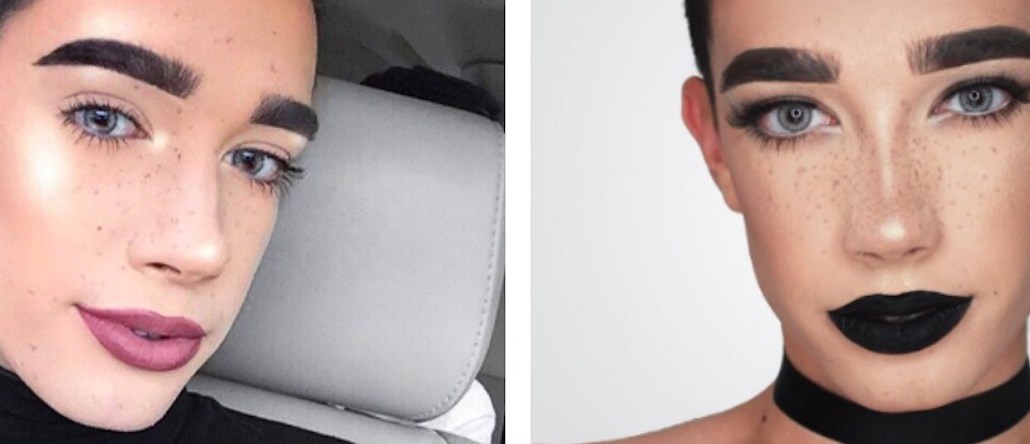
David Yi was working as a writer at Mashable, covering the realm of fashion and beauty, when he started to feel restless.
The 29-year-old was growing dismayed by the lack of discourse in the media about men’s beauty. As his months as a reporter went on, he soon noticed that his pieces on male grooming seemed to generate the most buzz; his stories on topics including runway hairstyles at New York Fashion Week: Men’s and a man who transformed his face using makeup garnered thousands of shares and comments. Yi, who has always been passionate about such topics, was keen to foster a dialogue on his own terms — thus his men’s beauty blog, Very Good Light, was born.
Yi is part of a growing movement of men’s beauty influencers who, along with brands seeking to tap an emerging market of male consumers, are aiming to normalize men experimenting in beauty practices oft relegated to women. Today, discussions about grooming and skincare that were formerly carried on in anonymous chat rooms — or never talked about at all — are not just readily accessible, but they’re also embraced on blogs, YouTube channels and even major marketing campaigns. To read the rest of this story, please visit Glossy.
More in Marketing

Ad execs hope quarterly earnings reform can ease short-termism, but it’s no silver bullet
Short-term thinking can hold marketers back, but SEC changes won’t easily unpick culture of quick wins.

Marketers warm to AI, but creative challenges and legal risks still loom
Marketers are testing generative AI in campaigns more than ever — but copyright lawsuits and uncanny visuals keep some from going all in.

Pitch deck: How Google is responding to advertisers’ concerns about AI Max
Google’s first pitch deck on the AI-powered suite of ad tools left advertisers concerned. This updated deck aims to reassure them.








